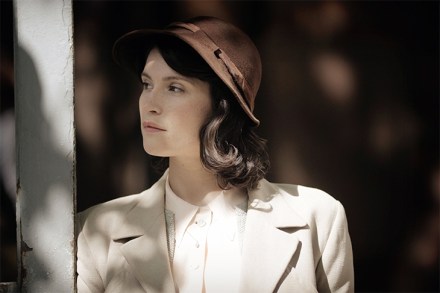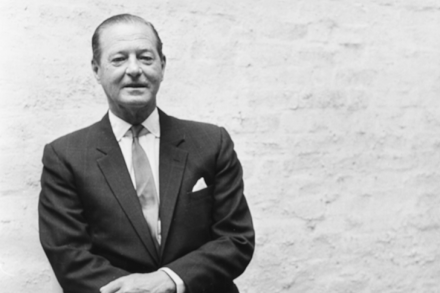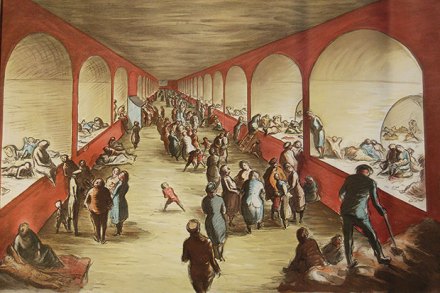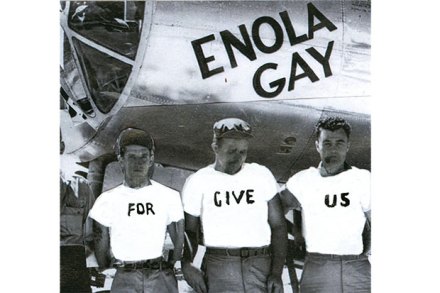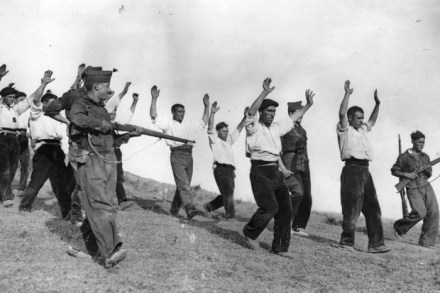Acting up | 20 April 2017
Gemma Arterton’s new film, Their Finest, is about second world war propaganda. Her character, who is bookish and sensitive, is allowed — because of war — to write film scripts. She discovers two girls — two ordinary, pale, unhappy girls — who steal their father’s boat and sail to Dunkirk for the rescue. She thinks this story will swell hearts: and so she, and her collaborator (Sam Claflin), make a British Casablanca about Dunkirk. They know there must be loss, or nothing has value. I marvelled over two things in Their Finest, even as I dislike the title. First, how the pale, unhappy girls are transformed, for the film inside
